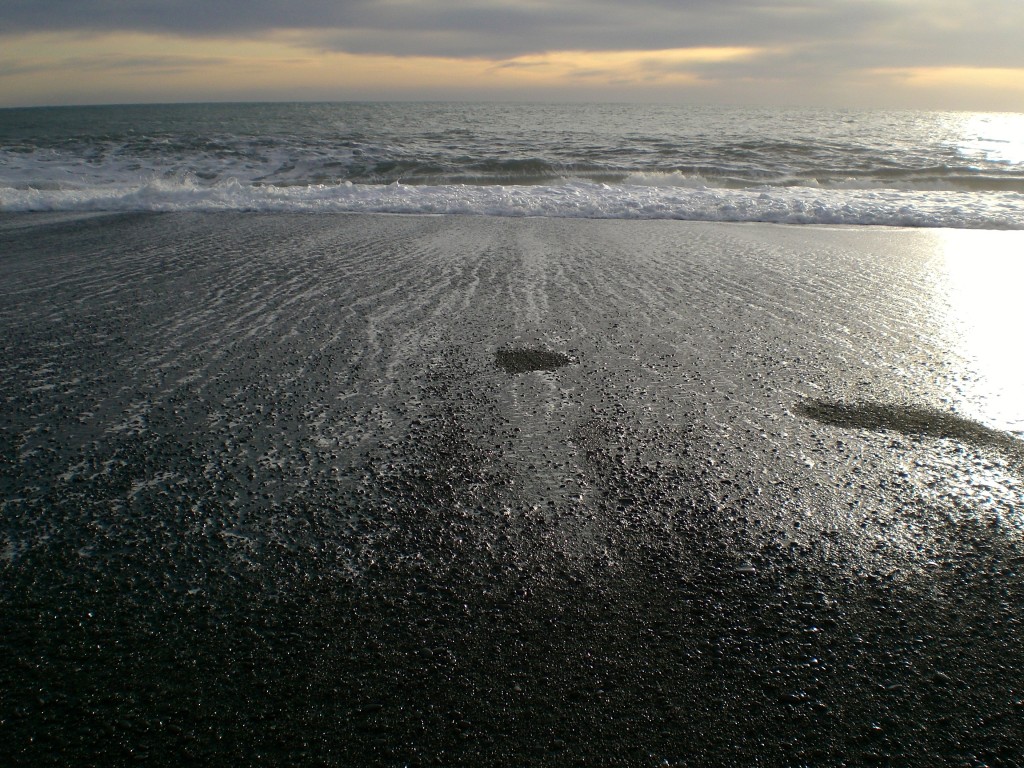With capital controls still in place, a massively devalued krónur and galloping inflation, Iceland’s economy is not back to normal.![]()
![]()
But it’s enough back to normal so that the window for Iceland’s accession to the European Union — or even, as was assumed during the worst days of its 2008 banking crisis, accession to the eurozone — is now very unlikely to happen.
Regardless of whether Sigmundur Davíð Gunnlaugsson and the Framsóknarflokkurinn (Progressive Party) or Bjarni Benediktsson and the Sjálfstæðisflokkurinn (Independence Party) come out on top in Saturday’s election, they are likely to form a center-right coalition that will look to reverse many of the initiatives of the social democratic / leftist government of Jóhanna Sigurðardóttir over the past four years.
Above all, none of the Sigurðardóttir government’s priorities is more endangered than the project of Iceland’s EU accession. Most news stories note that both a Progressive-led or Independence-led government would slow accession talks, but it seems likelier that Iceland’s next government would essentially end the talks indefinitely — they might not formally withdraw Iceland’s EU application, but they certainly won’t take any action to further discussions.
While Gunnlaugsson has called for a referendum on the eventual result of talks, his party virtually alone among Iceland’s parties argues that the country should not reimburse the British, Dutch and other governments who reimbursed non-Icelandic depositors who put their savings in Icesave prior to its collapse in 2008. Benediktsson is hardly any more pro-Europe — he’s argued that Iceland should break off talks altogether and focus on deeper global ties, such as Iceland’s recent free trade agreement with the People’s Republic of China — the first such free trade pact between a Chinese and a European country, likely due to Chinese eagerness to enhance its role in the Arctic north.
If for some reason a Progressive/Independence government does complete the accession talks, the result would be put to a referendum of Icelandic voters who remain highly skeptical of Brussels’s pernicious influence.
Sigurðardóttir’s government formally applied for membership in July 2009 and negotiations began a year later, but with her party likely to return to opposition, the window for Iceland’s EU membership seems likely to end with her government, as Alda Sigmundsdóttir writes today in The Guardian:
So, what makes the Progressive party so popular?
They are vehemently opposed to joining the European Union…. Indeed, many of the Progressives’ policies and declarations lean precipitously towards a new nationalism, with mildly xenophobic stances on issues such as immigration and asylum seekers, and party symbols that are vaguely reminiscent of fascism. The Progressive party was also the party that was most fiercely opposed to Iceland repaying the UK and Holland for the failure of the Icesave online bank.
If [Gunnlaugsson] wins, it will be because Icelanders fear abuse and exploitation by outside forces more than they do a return to the corrupt days of old.
Those are some fairly strong accusations, but I have to wonder if Icelandic voters aren’t simply being rational with respect to EU accession — they already have the benefits of free movement of goods and free borders with Europe, as well as much of the legal harmonization that typically comes with membership and a robust economic relationship with Europe that developed without Icelandic membership. Why formalize the deal when they already have so many of the benefits of membership without any potential for considerable drawbacks that could harm Iceland’s cherished (and highly protected) fishing industry or the fierce national pride of a uniquely compelling nation that won its own independence from Denmark in 1944? Continue reading Iceland’s election spells the end for its EU accession hopes
